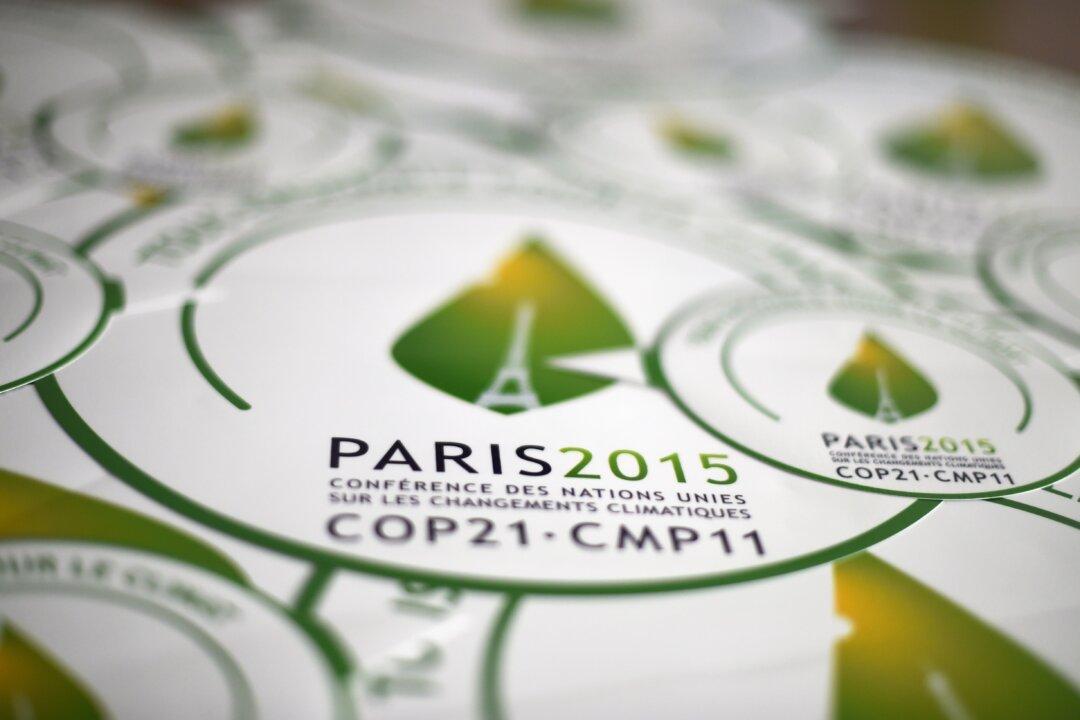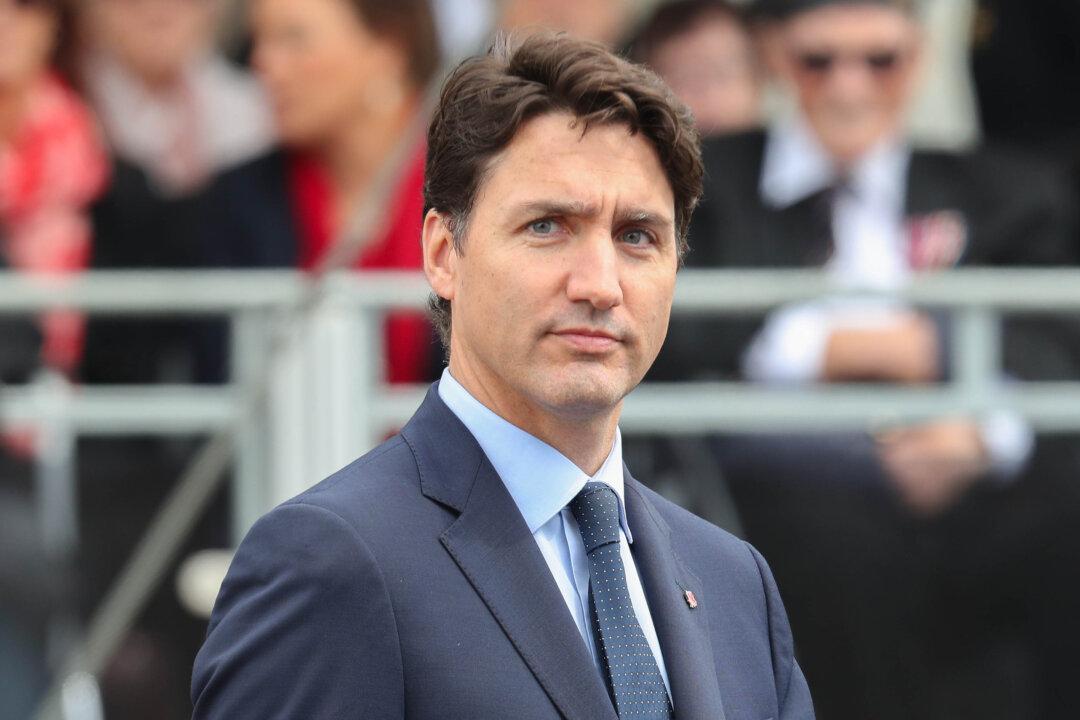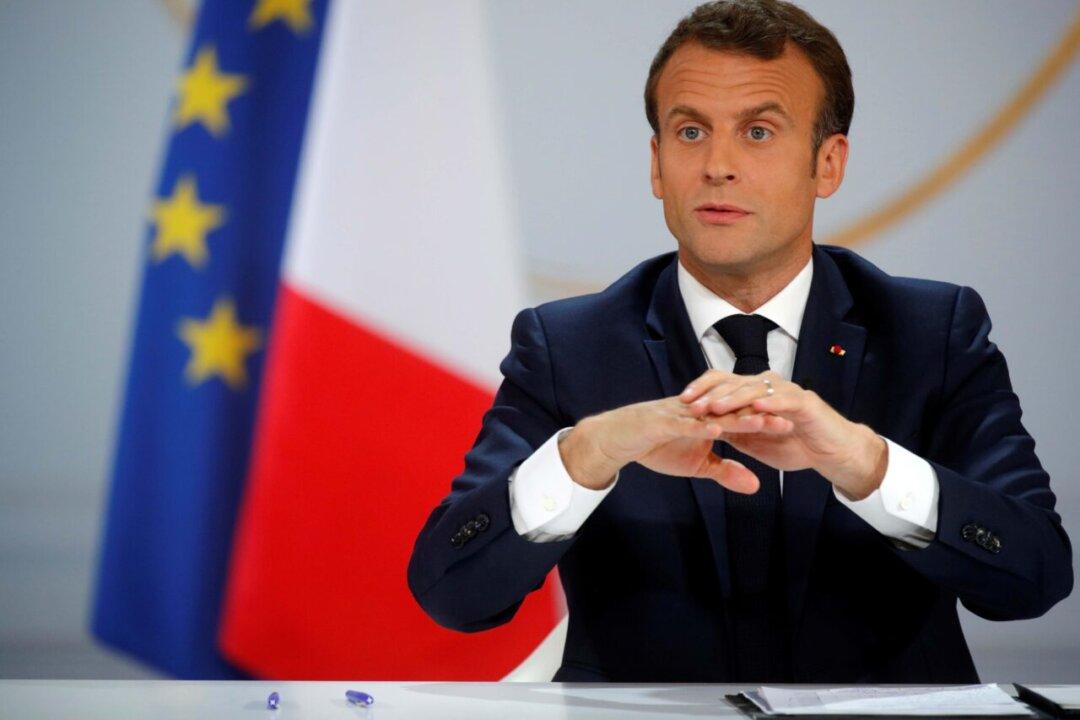The sun revolves around the earth. Undisputable. Those who thought differently were “heretics” and subject to punishment. Galileo switched belief and saved his hide.
Material burned because a mysterious substance labeled “phlogiston” fostered combustion. Phlogiston was “proved science” for 400 years; no contrary arguments accepted—until experimental evidence identifying oxygen as the necessary element for combustion overwhelmed doubters.
And so it has been throughout history:
- “Bad air” caused disease; mosquitoes had nothing to do with malaria, yellow fever, and so on.
- A 5-pound weight will fall five times as fast as a 1-pound weight.
- The atom is the smallest particle of matter and cannot be split.
- Men would never be able to fly in a heavier-than-air conveyance. (“If man were meant to fly, God would have given him wings.”)
- Communism is the wave of the future; capitalism enslaves the working class.
- The world faces a Malthusian trap where rising population will outpace food production leading to mass famine/starvation.
- Automobiles, television, and computers are fads that will quickly fade.
One belabors the obvious point: All of these beliefs were wrong. Of course, they were passionately held and historically persistent; their opponents were suppressed actively or with belittling contempt. Nonetheless, the beliefs were wrong.
And “global warming,” now “climate change,” falls into the same category. Dismissing the non sequitur that climate changes daily, “climate change” as currently being intensely discussed and negotiated in Paris remains a theory, a concept, a position to be argued but not blindly accepted.





